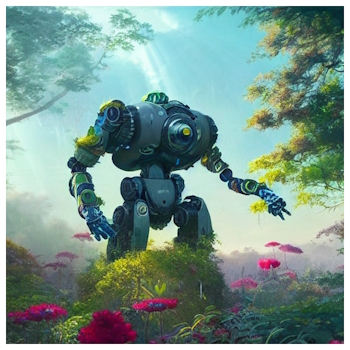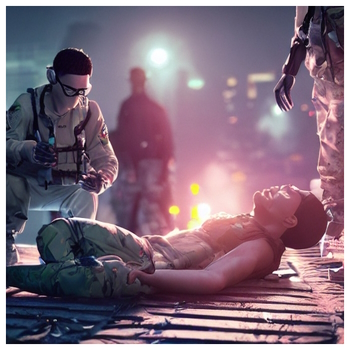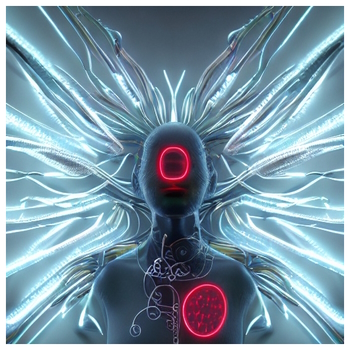Bonsai is a fascinating art form of living sculptures of carefully pruned, shaped and dwarfed trees. It is a hobby of mine and I’m not all that great at it. It requires time, patience, commitment, and not getting lost in your head and forgetting to water or deal with them on a daily basis.
A good bonsai captures the eye and evokes emotion. Each bonsai is it’s own little functional growing sculpture. Prune a branch here, trim the roots, and patience – I believe that to do this properly you have to have a picture in your mind of how the final work will look. There’s a plan.
Education systems aren’t very different. They cultivate minds, but largely to the same specifications. A little stream of bonsai trees come out of them looking remarkably similar yet all individual at some level.
How artificial intelligences learn, too, is also not very different when algorithms are designed to learn through a specific dataset.
The commonality of how we educate humans and artificial intelligences is, at least in concept, the same, but the results are not really the same. It’s peculiar that artificial intelligences are given large datasets to be trained on even as humans don’t have the same availability. In some ways, maybe we have it backwards, but time will tell.
We prune the knowledge we give to students and machine learning, or deep learning.
We provide students with knowledge based on accidents of geography. Every individual’s world is subject to geography, the geopolitics of the area, the socioeconomics of the area, culture, religion, language, etc. Some get transplanted and get exposed to differences (third culture kids), some don’t.
What languages a child can communicate dictate what information they have access to. A religion can forbid some knowledge, or even young women from having an education at all – which is an introduction into how gender can impact the available experience. A poor child is less likely to have opportunities than a child born more wealthy, and even then with how we address things, a poor child who is of one ‘race’ may not have financial help because they happen to be the wrong color.
The list goes on even before we touch the education systems themselves. It’s impressively and annoyingly complex. Then the education systems run by different governments – or not – have curriculum designed, increasingly for getting jobs rather than learning. These curriculum are focused on things that some groups think are important for the future, but to stay in business they have to make money so they attenuate things toward that end. Some books get banned in some geography, some due to content publishing/licensing are simply not available. Paywalls hold things at bay, too.
Memorization and regurgitating facts are rewarded. Understanding is hoped for, but not necessary to run the education gauntlet. Imprisoned by what the cage of what has been taught, few go further than their cages and simply rest in place when they’re done, breathing a sigh of relief and happy they made it through. They were told this was a necessary part of Life.
At the end of years of the education system, we kick students out of the nest and are expected to be something an employer wants to hire.
Artificial intelligences, on the other hand, have a different path. A group of people spend a lot of money on computer hardware and software, they find content that they want to train the artificial intelligence on. We’re not even sure what they are because that’s not made public. Neural networks crawl through the data, training predictive analytics, building natural language processing and recommender systems, and it gets released, imprisoned by the human knowledge it was fed. Garbage in, garbage out.
The concepts are the same between educating the artificial intelligences and humans. The artificial intelligences are given the best opportunities to learn as judged and afforded by those who train them, as our human education systems. The difference is that there are significantly less artificial intelligence systems, and human education has become a manufacturing process that produces plants in pots that at a certain angle might look like a bonsai.
Here’s the thing: In my life, I have not many of either I would call a bonsai.
Have you? Shouldn’t that be our goal?









